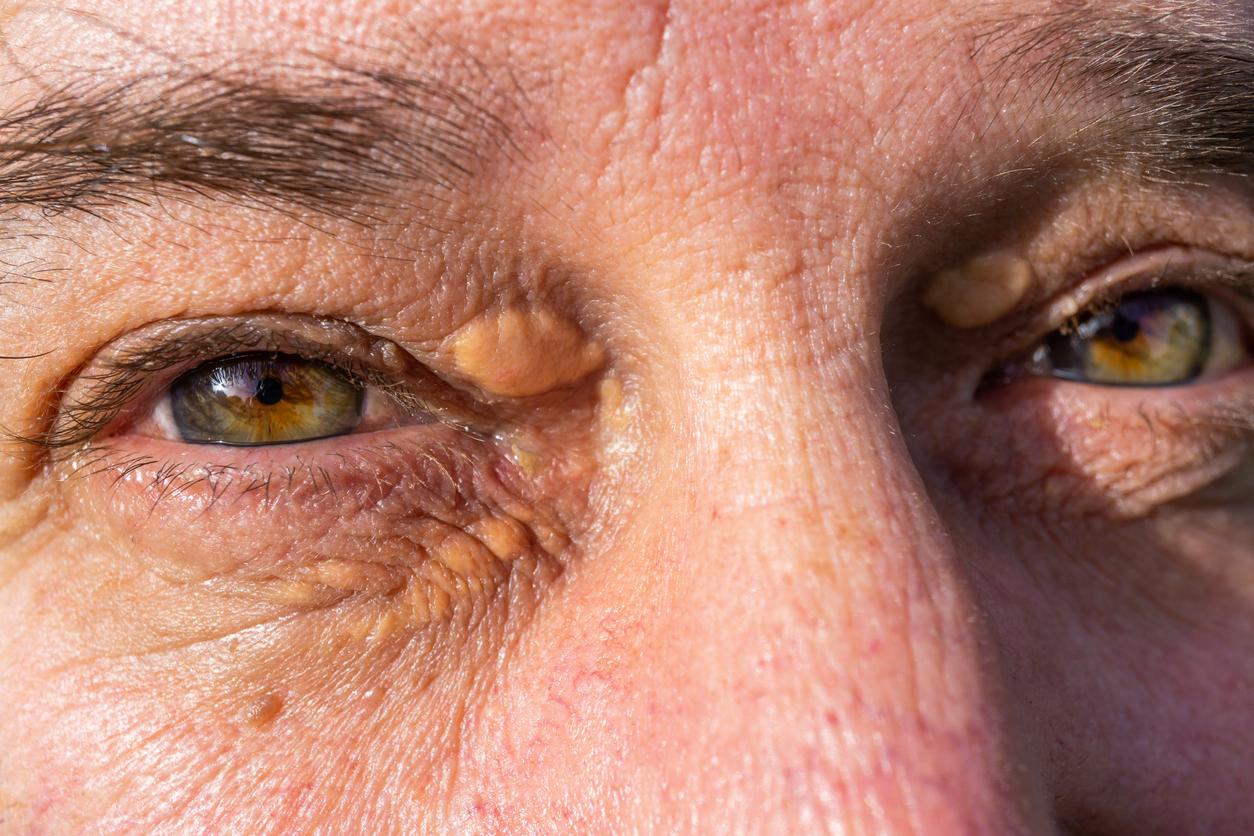October 5, 2006 – Two recent US studies show that the high concentration of antioxidants in egg yolks may help prevent age-related macular degeneration.
Macular degeneration is a condition of the eye, specifically the macula, the small area in the center of the retina that allows you to see details and colors clearly. Two powerful antioxidants – lutein and zeaxanthin – would accumulate there and would have a protective effect by filtering blue light.
Both published in the October issue of Journal of Nutrition, studies confirm that dietary intake of these two antioxidants from the carotenoid family may reduce the risk of macular degeneration.
The first study1 was conducted among 33 men and women over the age of 60, divided into two groups. Participants in each group successively consumed one egg or egg substitute (placebo) per day, for five weeks, and vice versa, with a four-week abstinence period in between.
After five weeks of consuming one egg per day, the concentrations of lutein and zeaxanthin increased by 26% and 38%, respectively. Although eggs are high in dietary cholesterol, subjects’ blood cholesterol (HDL, LDL and total) levels and triglycerides were not affected.
As for the second study2, higher concentrations of zeaxanthin, but no lutein, were noted in those who ate eggs. As part of this research, 24 women under the age of 60 were given either a placebo or six eggs per week containing 331 or 964 micrograms of carotenoids. After 12 weeks, only participants who received the placebo had their blood cholesterol and triglyceride levels increase.
Andrée-Anne Guénette – PasseportSanté.net
1. Goodrow EF, Wilson TA, et al. Increases Serum Lutein and Zeaxanthin Concentrations in Older Adults without Altering Serum Lipid and Lipoprotein Cholesterol Concentrations, J. Nutr, 136 (2006) 2519-2524.
2. Wenzel AJ, Gerweck C, et al. A 12-Wk Egg Intervention Increases Serum Zeaxanthin and Macular Pigment Optical Density in Women, J. Nutr, 136 (2006) 2568-2573.
















